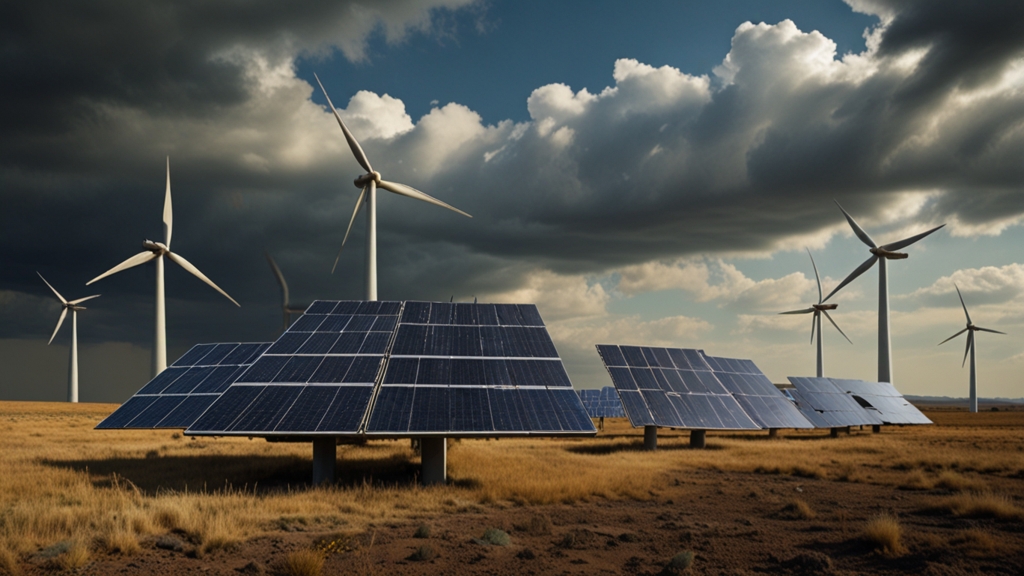The Vietnam War Revisited: What Would Happen If It Happened Today?
As time progresses, historical events are often re-examined through the lens of contemporary developments. The Vietnam War, a deeply complex and controversial conflict that spanned from 1955 to 1975, is no exception. If a similar conflict were to erupt in today's geopolitical climate, how would it unfold? How would advancements in technology, shifts in global alliances, and evolving public opinion play a role? This thought experiment sheds light on the potential dynamics of a theoretical modern-day Vietnam War.
Technological Advancements
One of the most profound changes since the Vietnam War has been the rapid advancement in technology. The original conflict saw the use of helicopters, M16 rifles, and basic aerial bombers. Today, drones, cyber warfare, and advanced surveillance technologies would drastically alter the battlefield landscape.
"The shifting tide of technology dictates not only how wars are fought but also how they are perceived. The introduction of drones, satellites, and cyber capabilities would give modern forces an unprecedented edge in intelligence and precision strikes." — A Military Analyst
With drones, militaries can conduct reconnaissance and execute strikes without putting soldiers in harm's way. Cyber warfare introduces a new front that can disrupt enemy communications, supply lines, and even civilian infrastructure. The modern battlefield would be as much a digital contest as a physical one.
Media and Public Opinion
Another significant difference is the role of media. During the Vietnam War, televised reports and photographs played a crucial role in shaping public opinion. Today, social media platforms like Twitter, Facebook, and YouTube have an even greater influence on public perception and government policy.
"The immediacy and pervasiveness of social media mean that modern conflicts unfold in real-time before a global audience. Public sentiment can sway more rapidly and forcefully, pressuring governments to respond in ways that were unimaginable during the Vietnam era." — A Social Media Expert
In this hyper-connected age, any incident or atrocity could go viral within minutes, eliciting immediate global reactions. Governments would have to navigate not only the physical and strategic aspects of warfare but also the instantaneous and often volatile nature of modern social discourse.
Global Alliances and Diplomacy
The geopolitical landscape has evolved significantly since the Vietnam War. Today's international alliances and economic interdependencies would create a vastly different backdrop for any conflict resembling the Vietnam War. While the Cold War dichotomy between the U.S. and the Soviet Union no longer dominates, new powers like China have grown significantly in influence.
In this context, a similar conflict would be subject to a more multifaceted diplomatic environment. Nations might leverage their economic ties to apply pressure or offer support, complicating straightforward military engagement. Institutions like the United Nations and regional organizations would also play a crucial mediating role.
Domestic Political Climate
Domestically, modern nations face a political landscape characterized by increasing polarization and scrutiny of government actions. The decision to enter or continue a war would be heavily debated, requiring extensive justification to gain public and legislative support.
Furthermore, the rise of global movements advocating for human rights and environmental conservation means that any military conflict would face intense scrutiny regarding collateral damage and ethical implications. Drafts or compulsory military service would likely face stiff opposition, shifting the burden more towards professional and volunteer forces.
The Human Element
Despite all these advancements and shifts, the human element remains a constant. The psychological and emotional toll on soldiers, civilians, and nations involved would still be profound. The lessons of Vietnam caution against underestimating the resilience and determination of local populations and the complexity of nation-building.
In conclusion, while modern technology, media, and geopolitical alliances would greatly influence a contemporary Vietnam-like conflict, the core challenges of facing a determined adversary, maintaining public support, and achieving long-term stability would remain as daunting as ever. Reflecting on these possibilities underscores the importance of pursuing diplomatic and peaceful solutions to prevent the recurrence of such a devastating conflict.











